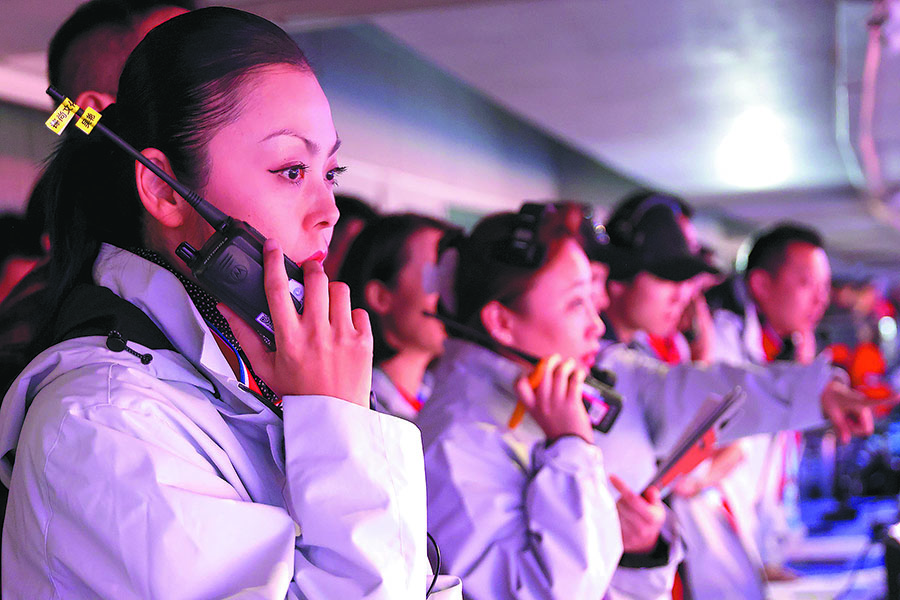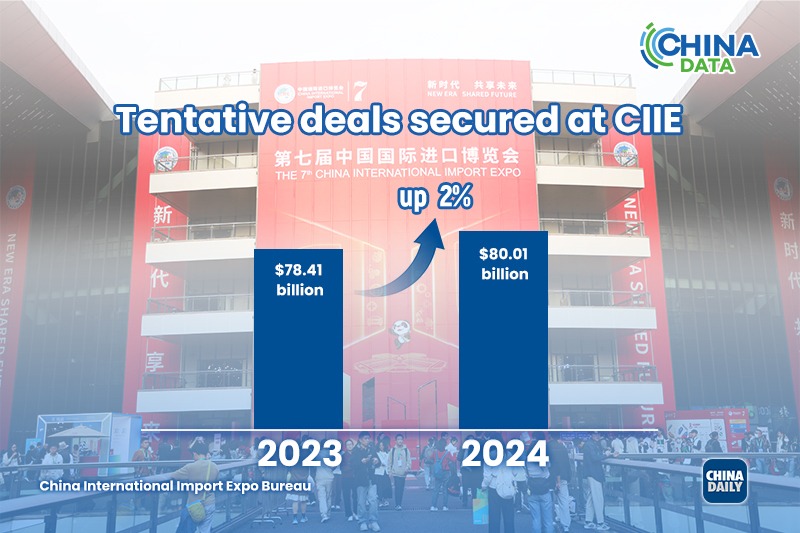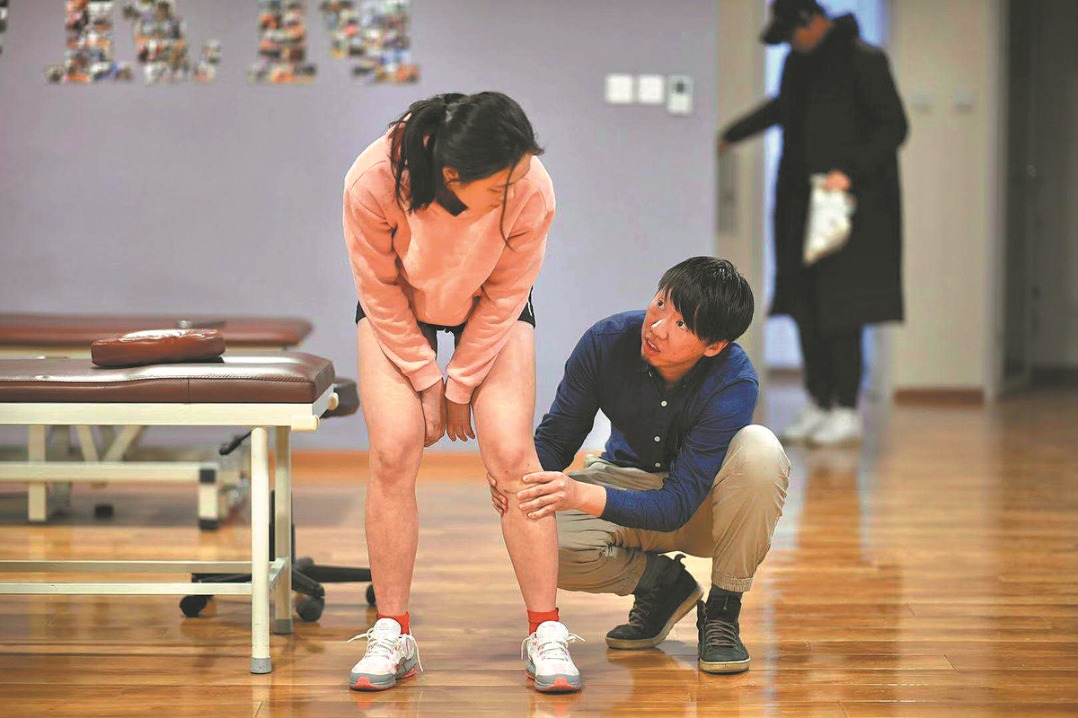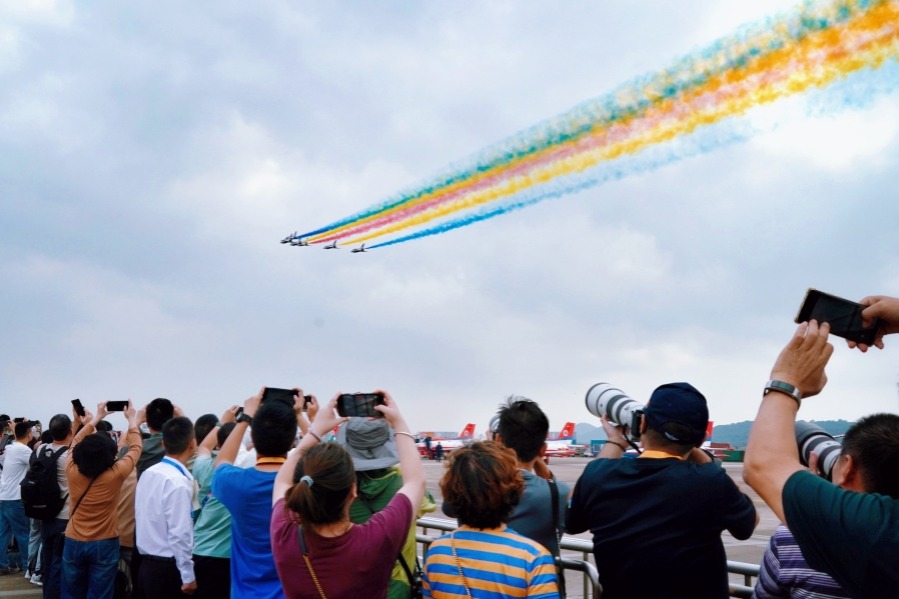Expertise takes center stage


Multirole career
Wu's professional career did not begin in the entertainment industry. At the turn of the millennium, while in a managerial position, she participated in organizing a New Year's Eve countdown event. It was during this time that she discovered her interest in large-scale event organization. Subsequently, she resigned and joined a company specializing in event operations.
Over the past 20 years, she has grown from coordination to directing, producing, and ultimately becoming an executive producer, gradually evolving into a versatile professional who can handle various roles independently.
In the journey to become an executive producer for large-scale events, Wu found that each previous position she held helped prepare her for the next step. "When you have experience writing proposals and executing plans, managing becomes more effortless, and at the same time, you can pass on your experience to others," she says.
Whether it's hosting events, award ceremonies, or producing performances for the opening and closing ceremonies of large sports events, Wu's presence is visible on numerous levels.
She has served as a producer for many film festival award ceremonies. "For an award ceremony, involving presenters, award recipients, and winners, each award may require coordination with five or six individuals, resulting in a myriad coordination tasks for the ceremony," Wu explains.
One award ceremony that left a lasting impression was a college student film festival in 2003, held on the sports field of Beijing Normal University.
"At the time, all the top-notch celebrities came to support the event, feeling that it was a great cause," Wu says, recalling that the weather was particularly good on the day of the event, but it started raining as soon as the ceremony concluded.
Having also served as a film producer, Wu believes that what sets films and large-scale events apart is that filmmaking is a meticulous and gradual process, while large-scale events are fixed-time tasks.
"The production of a large-scale event is a reverse scheduling process, where each time point has to achieve specific progress, and everything needs to be tightly interconnected," Wu says.
"The job of a producer is a bit like making sugarcoated hawthorns on a stick. It requires stringing together every aspect of an event from scratch. This includes planning, proposals, implementation, final presentation, and even promotion," Wu adds.
Although the performances of the opening and closing ceremonies of the Asian Games have concluded, the shows will continue in Hangzhou — and will be staged on Xianghu Lake, becoming a permanent performance project, which is expected to debut next May.
Wu revealed that in addition to the spectacular opening and closing ceremony programs, the performances will be adjusted to take into account the lakeside setting by using the sky as the backdrop, the water as the stage, and the mountains as the scenery.
"Besides creating this show, we also plan to develop cultural features in the surrounding area, to reflect the elegance of Xianghu Lake and the Song Dynasty (960-1279)," Wu says.
In November, Wu was busy working in Xi'an, Shaanxi province, where she took on the role of producer for the Omni Chang'an performance project with renowned director Zhang Yimou as chief director.
Following this, she is gearing up for the opening ceremony of the 14th National Winter Games scheduled to take place in the Inner Mongolia autonomous region in February.
Facing a series of consecutive new tasks, Wu has never stopped pondering how to make each performance more perfect, and how to better showcase China's traditional culture.
"The combination of our traditional culture with technological performance is definitely a future trend," Wu says. "In the future, what we need to do more is to give our traditional culture, including intangible cultural heritage, an artistic and technological packaging."
























